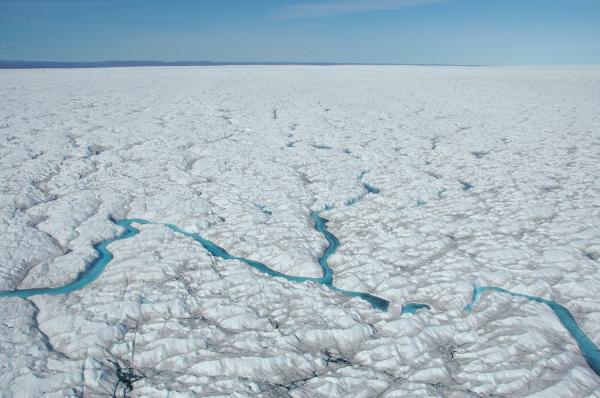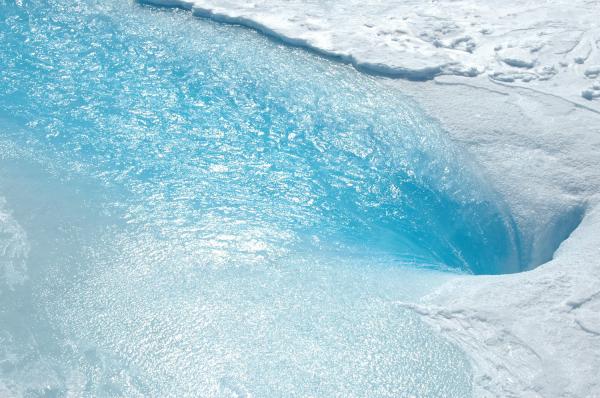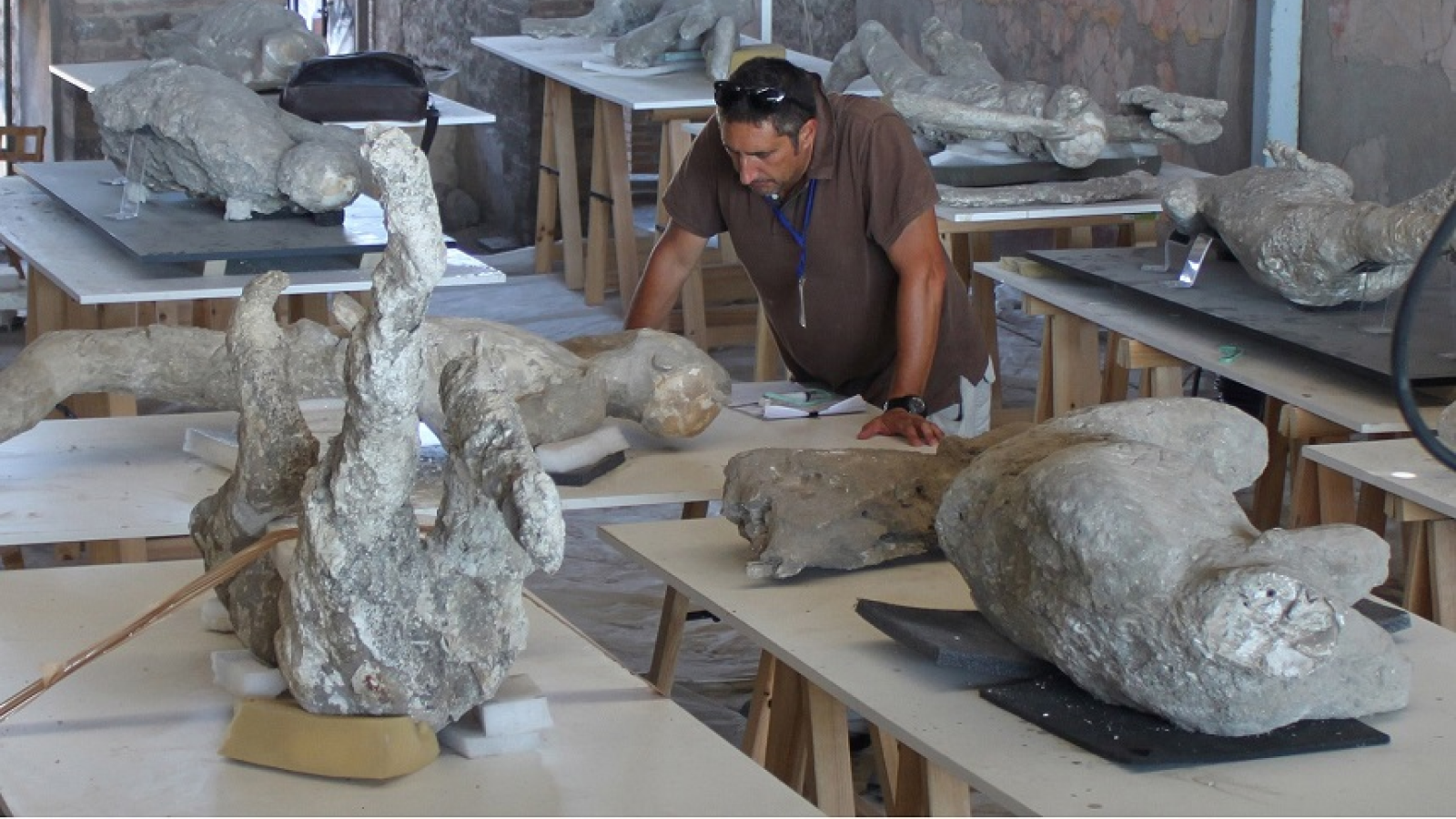Melting Surprisingly Slows Greenland Ice Flow


The hotter summers the Arctic is seeing might not be as catastrophic for Greenland's ice as previously feared it might actually slow down the flow of glaciers there, new research suggests.
The Greenland ice sheet covers roughly 80 percent of the surface of the massive island and holds enough water to raise sea levels by 23 feet (7 meters) if it were to melt completely. Scientists are closely monitoring its glaciers, as rising temperatures in the Arctic in recent years have caused the ice sheet to shrink.
The soggy bottoms of glaciers are often expected to help them slide toward the sea. Still, how glaciers move during the summertime has proven difficult for scientists to calculate, leading to uncertainties in projections of future sea level rise .
Using observations from European Remote Sensing satellites of six landlocked glaciers in southwest Greenland, scientists investigated the flow of ice there over several years all years from 1993 to 1998 except 1994, when the satellites did not gather any data.
Each summer, rising temperatures cause ice at the surface of the glaciers to melt, and this water runs down a series of channels to the base of the glacier where it acts as a lubricant, allowing the ice sheet to flow rapidly across the bedrock toward the sea.
Initial speed-up, subsequent slowdown
The scientists found that although the ice initially sped up in a similar manner in all years, the glaciers experienced a dramatic late summer slowdown during warm years with more meltwater, moving nearly 35 percent more slowly. In other words, the glaciers were not sliding around more quickly even when there was more water melting off them.
Get the world’s most fascinating discoveries delivered straight to your inbox.
"It had been thought that more surface melting would cause the ice sheet to speed up and retreat faster, but our data suggest that the opposite could in fact be true," said team researcher Andrew Shepherd, a climate scientist at the University of Leeds in England.
The key to understanding this seemingly paradoxical effect might lie in how efficiently water can drain from underneath glaciers, the researchers said. During warmer summers, the extra meltwater can alter the plumbing at the base of the ice and leak out more easily. This process is commonly observed in mountain glacier systems and was recently seen in mathematical models developed to study glacier melt .
Understanding more about how these masses of ice deal with the water melting off them can improve predictions about rising sea levels in the face of climate change.
Safe from melt?
So do these findings mean that Greenland is safe from global warming?
"Safer than was feared at the last IPCC [Intergovernmental Panel on Climate Change] Assessment Report," Shepherd told OurAmazingPlanet. "Our data suggest that one potential threat to future sea level rise from Greenland will have little or no impact. However, we are still not sure how ocean warming will affect glaciers that flow into the sea."
The scientists detailed their findings in the Jan. 27 issue of the journal Nature.




